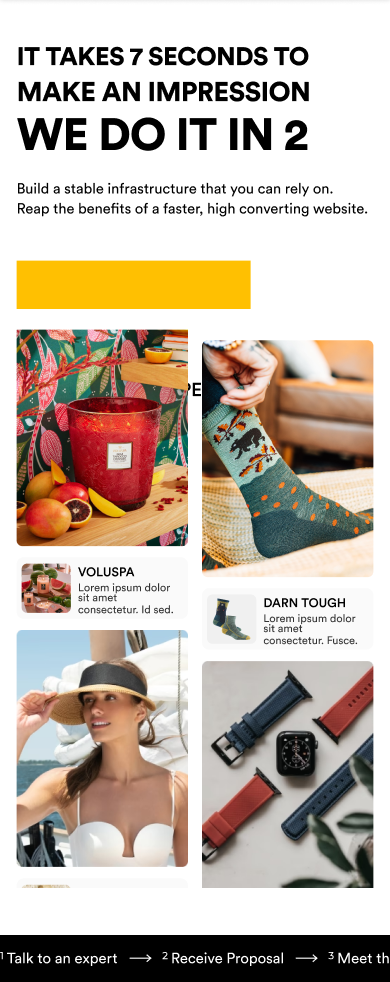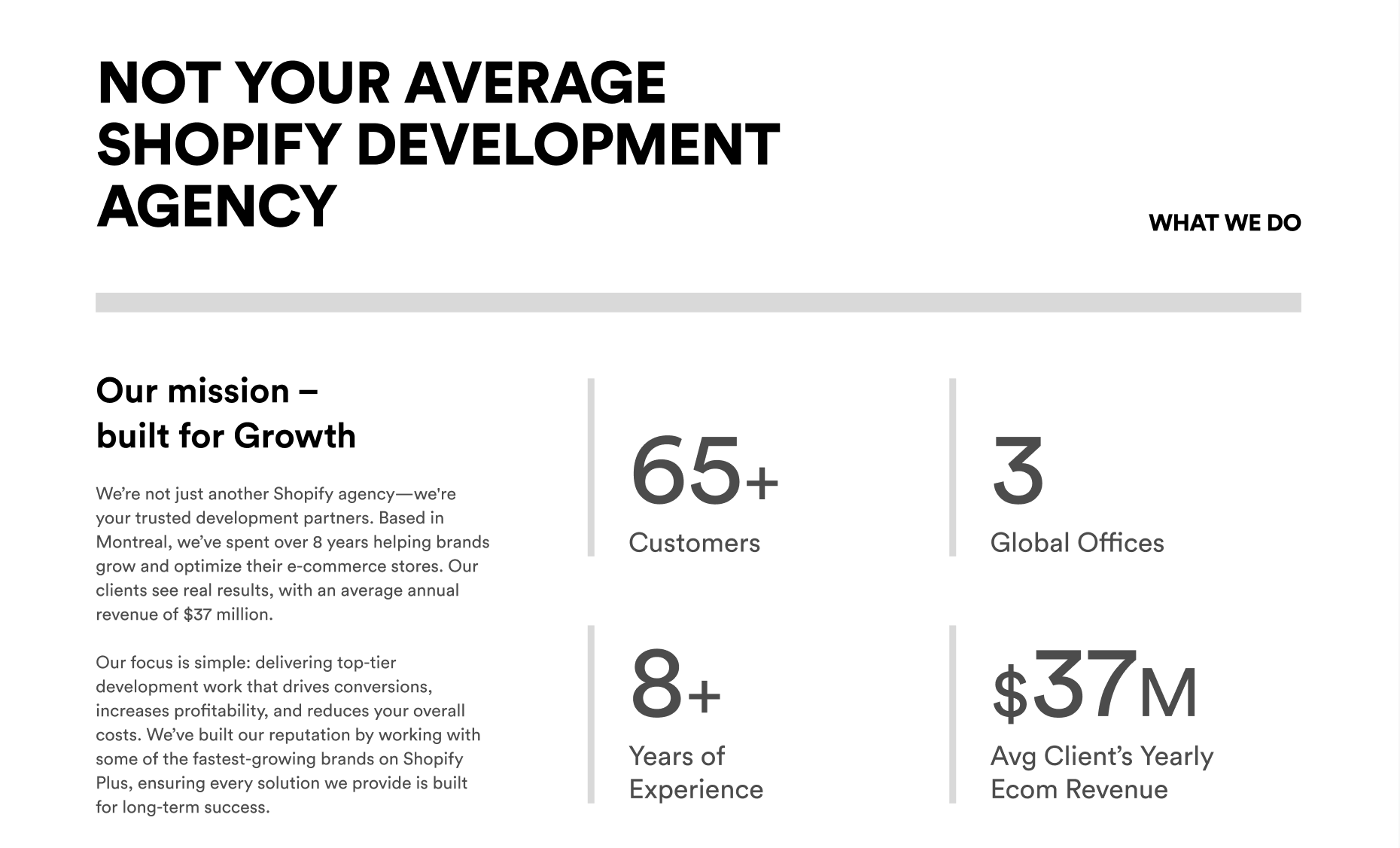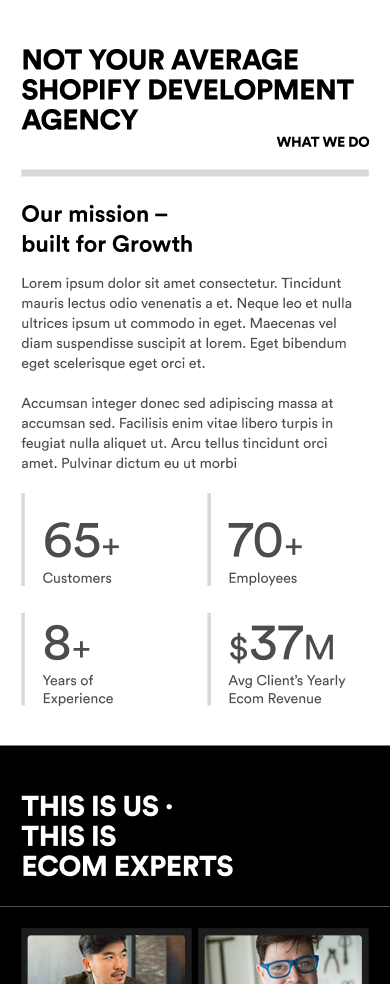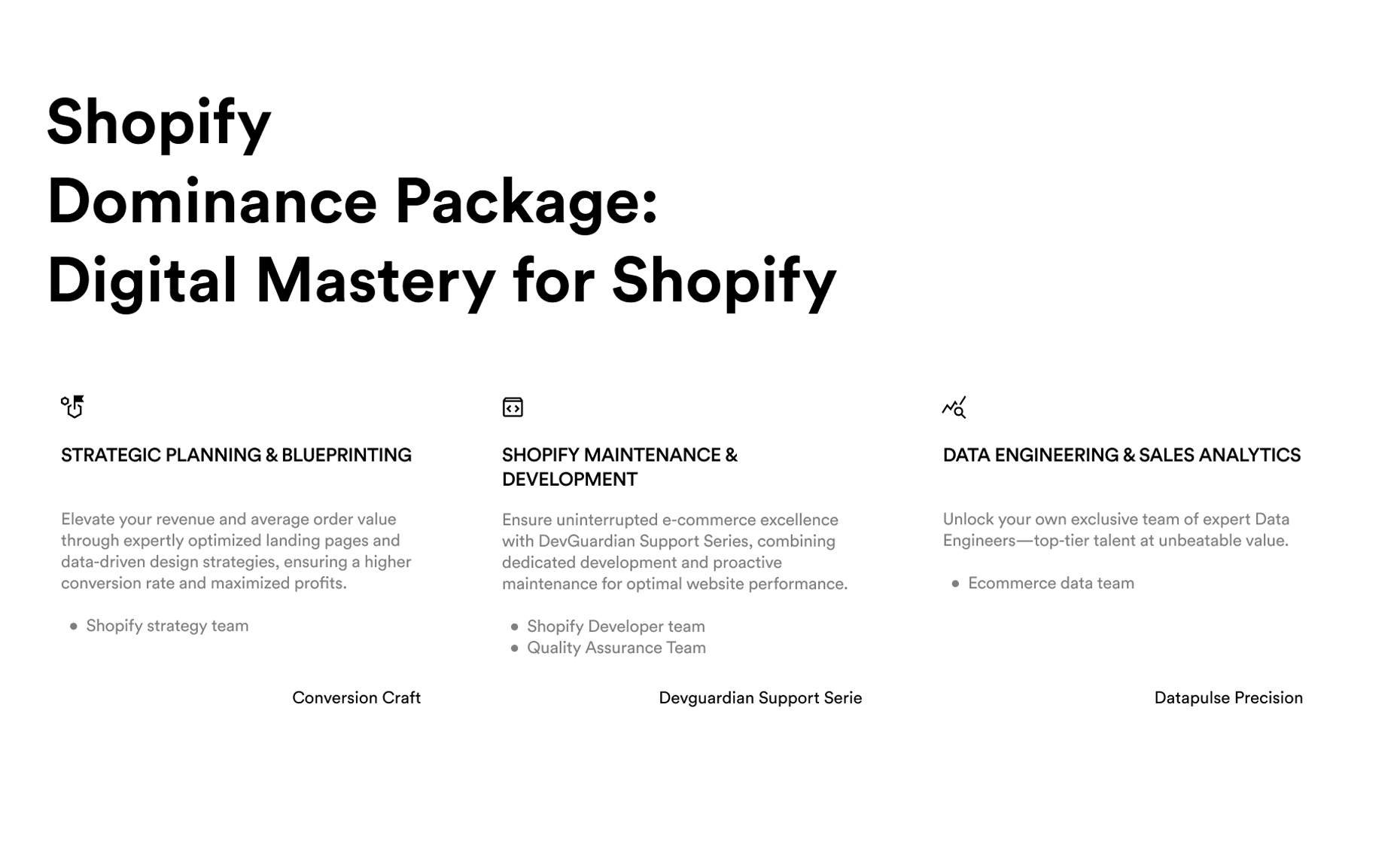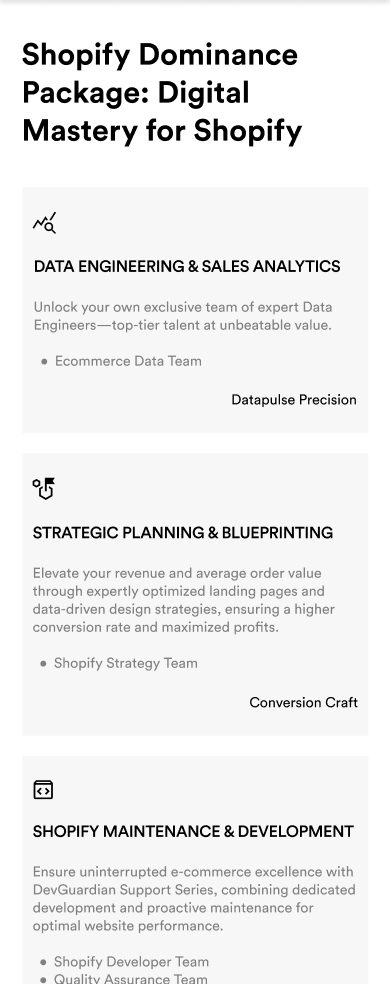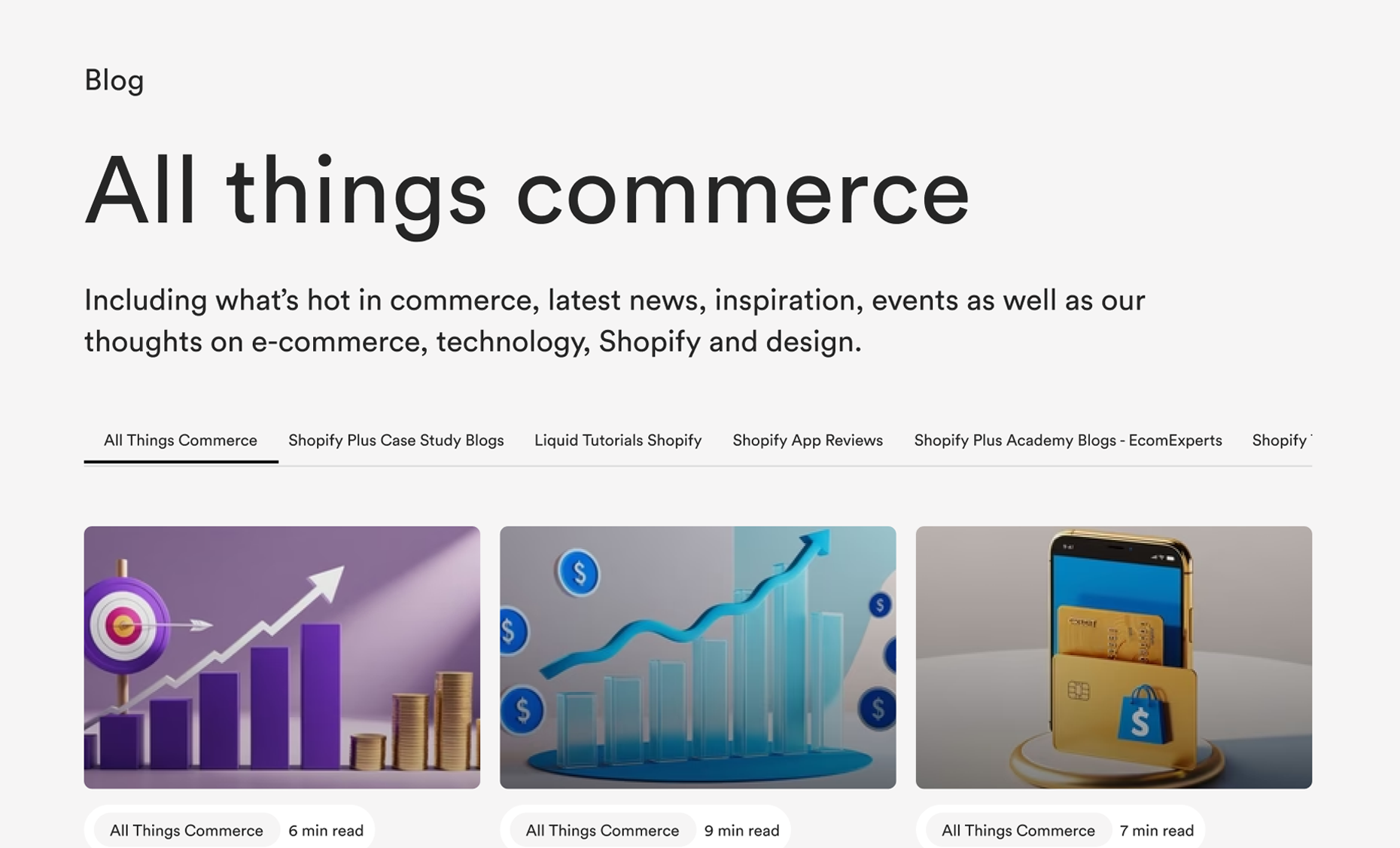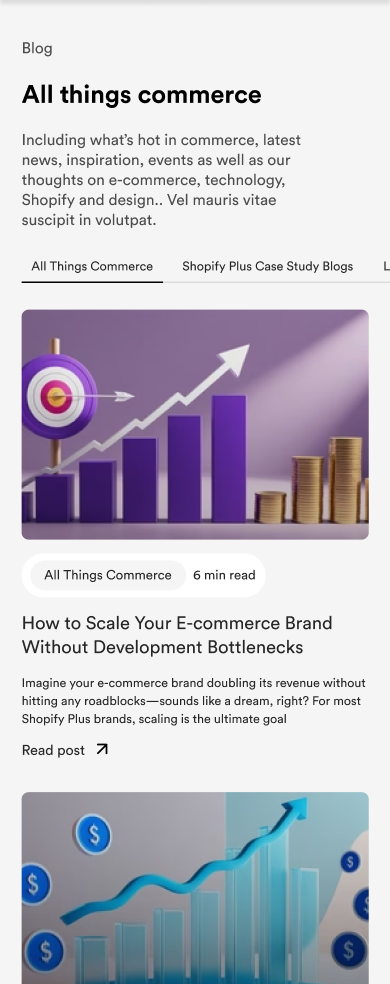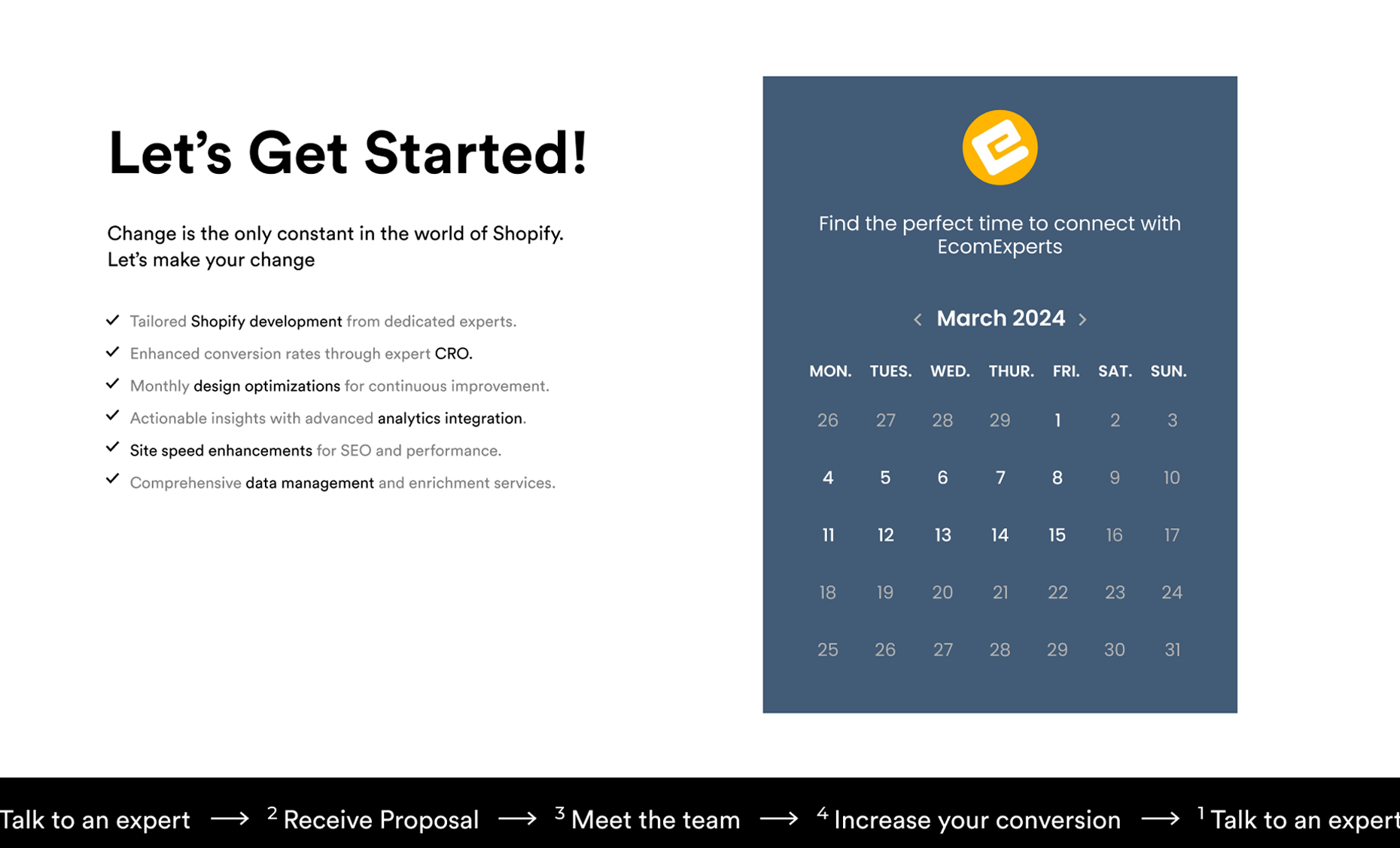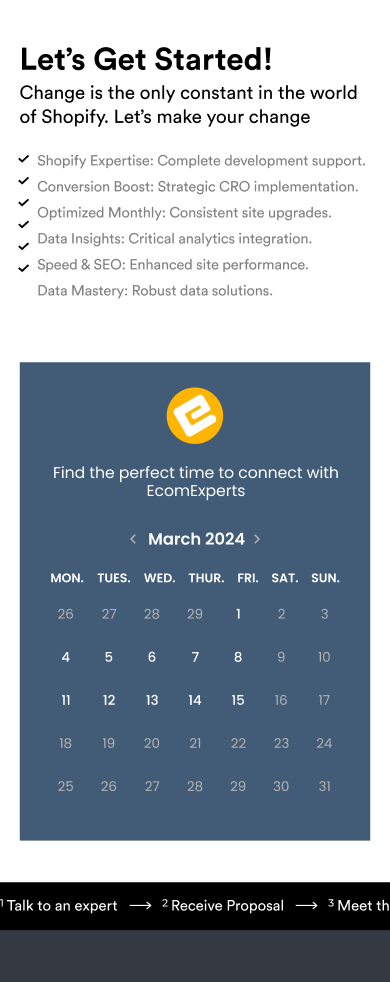Businesses are constantly seeking ways to enhance their online presence and improve customer experience.
One of the critical decisions faced by online retailers is whether to use a Shopify app or invest in custom development for their e-commerce platform.
Both options have their unique advantages and challenges, and the choice largely depends on the specific needs and goals of your business.
Why Consider Shopify Apps?
Shopify apps offer a convenient and cost-effective solution for businesses looking to add functionality to their online stores. With a vast marketplace of apps, Shopify provides tools that can help streamline operations, enhance customer engagement, and boost sales.
The Shopify App Store features thousands of applications, each designed to cater to different aspects of e-commerce, from payment processing to marketing automation.
This extensive selection allows businesses to find solutions that fit their specific needs, making it easier to implement changes that can lead to increased efficiency and profitability.
Ease of Use and Integration
One of the main reasons many Shopify store owners choose apps is their easy integration.
You don’t need a technical background to add new features to your store. Apps are designed to plug right into your existing setup, making it easy for small businesses or those with limited resources to upgrade their online store.
For example, if you need to improve your SEO, you can find a Shopify app that helps with keyword analysis or content optimization with just a few clicks.
Need better customer engagement? There are apps for email marketing, loyalty programs, and even live chat integrations.
The best part? You can get started fast, without having to hire a Shopify Plus development agency.
Cost-Effectiveness
Another big selling point for Shopify apps is their affordability. Many apps are free, and even premium apps often come with low subscription fees. For businesses operating on a tight budget, this low-cost access to powerful tools is a huge advantage.
Additionally, many apps offer tiered pricing models, allowing businesses to choose a plan that fits their budget and needs. This flexibility can be particularly beneficial for startups that are still in the process of establishing their brand and customer base.
Exploring Shopify Custom Development
While Shopify apps offer convenience and affordability, custom development provides a level of flexibility and personalization that pre-built solutions cannot match.
Custom development allows you to create a unique online store tailored to your specific business requirements and brand identity.
This level of customization can be particularly beneficial for businesses that have unique processes or require specific functionalities that are not available through existing apps.
For instance, if your business model involves complex inventory management or specialized customer interactions, a custom solution can be designed to meet those needs precisely.
Tailored Solutions
Custom development enables you to build a platform that aligns perfectly with your business processes and goals. This level of customization can be particularly beneficial for businesses with complex needs or those operating in niche markets.
By working with experienced Shopify developers, you can create a solution that addresses your unique challenges and opportunities.
For example, if your business requires integration with specific third-party services or APIs, custom development allows you to create a seamless connection that enhances your operational efficiency.
Additionally, custom solutions can be designed to incorporate advanced features such as personalized user experiences, tailored product recommendations, and sophisticated analytics that provide deeper insights into customer behavior.
Furthermore, custom development allows for greater control over the user experience, enabling you to design a site that reflects your brand's values and resonates with your target audience.
This level of control can lead to a more cohesive brand identity and a stronger emotional connection with customers. For instance, you can create a unique design that aligns with your brand's aesthetic, ensuring that every aspect of the user experience is consistent with your overall marketing strategy.
This attention to detail can significantly enhance customer satisfaction and loyalty, ultimately driving repeat business and referrals.
Scalability and Flexibility
As your business grows, so do your needs. Custom development offers the scalability and flexibility required to adapt to these changes.
Unlike off-the-shelf solutions, custom-built platforms can be modified and expanded as your business evolves, ensuring that your e-commerce site remains relevant and competitive.
This adaptability is crucial in the fast-paced world of e-commerce, where staying ahead of the competition often requires continuous innovation and improvement.
For example, if your business experiences a sudden surge in traffic due to a successful marketing campaign, a custom solution can be optimized to handle increased demand without compromising performance.
Moreover, custom development allows you to implement new features and functionalities as your business grows. Whether you want to add new payment options, integrate with additional sales channels, or enhance your marketing capabilities, a custom-built platform can be adjusted to accommodate these changes.
Additionally, custom solutions can be designed with scalability in mind, allowing you to easily expand your infrastructure as your customer base increases, ensuring that your site remains fast and responsive even during peak traffic periods.
Making the Right Choice for Your Business
Deciding between Shopify apps and custom development is not a one-size-fits-all decision. It requires careful consideration of your business's current needs, future goals, and available resources.
Both options have their merits, and the best choice will depend on your specific circumstances. To make an informed decision, it is essential to conduct a thorough analysis of your business's unique requirements and the potential impact of each option on your operations and growth trajectory.
Assessing Your Business Needs
Start by evaluating your business's current operations and identifying areas where improvements are needed. Consider factors such as budget, technical expertise, and the complexity of your requirements.
This assessment will help you determine whether a Shopify app can meet your needs or if custom development is necessary.
Think about your long-term goals and how your e-commerce platform will need to evolve to support them. This forward-thinking approach will ensure that your investment aligns with your business's growth trajectory.
For instance, if you anticipate expanding into new markets or launching new product lines, consider how each option can accommodate these changes. A Shopify app may provide a quick solution for immediate needs, but if your long-term vision involves significant growth and diversification, investing in custom development may be the more strategic choice.
Additionally, consider the potential for future integrations with other systems, such as CRM or ERP solutions, which may be more easily achieved through a custom-built platform.
Evaluating Costs and Benefits
When weighing your options, it's essential to consider both the short-term and long-term costs and benefits.
While Shopify apps may offer a lower initial investment, custom development can provide a higher return on investment over time by delivering a tailored solution that enhances customer satisfaction and drives sales.
It is also important to factor in the potential costs associated with ongoing maintenance and updates for both options.
While Shopify apps may require subscription fees, custom solutions may necessitate ongoing development costs to ensure that the platform remains up-to-date with the latest technologies and security standards.
Ultimately, the decision should be based on a comprehensive analysis of your business's unique needs and objectives, ensuring that you choose the path that offers the greatest potential for success.
Consider creating a pros and cons list for each option, weighing factors such as cost, flexibility, scalability, and the potential for future growth. This structured approach can help clarify your priorities and guide you toward the best decision for your business.
Additional Considerations
Future-Proofing Your E-Commerce Strategy
In addition to the immediate needs of your business, it is essential to consider how your choice between Shopify apps and custom development will impact your long-term e-commerce strategy.
By choosing a solution that is adaptable and scalable, you can ensure that your e-commerce platform remains relevant and competitive in the years to come.
For instance, as more consumers turn to mobile shopping, having a platform that can easily integrate mobile-friendly features will be crucial for maintaining customer engagement and satisfaction.
Moreover, consider the potential for integrating emerging technologies, such as artificial intelligence and machine learning, into your e-commerce strategy. Custom development may provide the flexibility needed to incorporate these advanced technologies, allowing you to enhance customer experiences through personalized recommendations, chatbots, and predictive analytics.
By staying ahead of technological trends, you can position your business as a leader in the e-commerce space, attracting more customers and driving sales.
Customer Feedback and Iteration
Regardless of whether you choose Shopify apps or custom development, it is vital to prioritize customer feedback and continuously iterate on your e-commerce platform.
Engaging with your customers and soliciting their input can provide valuable insights into their preferences and pain points, allowing you to make informed decisions about future enhancements.
This customer-centric approach can help you build a loyal customer base and foster long-term relationships, ultimately driving repeat business and referrals.
Additionally, consider implementing analytics tools to track user behavior and engagement on your site. By analyzing this data, you can identify trends and areas for improvement, ensuring that your e-commerce platform evolves in line with customer expectations.
Whether you choose to implement new Shopify apps or develop custom features, leveraging customer feedback and data-driven insights will be crucial for optimizing your online store and maximizing its potential.
Shopify App vs Custom Development: Which Should You Choose?
In conclusion, both Shopify apps and custom development offer valuable solutions for enhancing your e-commerce platform.
By carefully evaluating your business's needs and goals, you can make an informed decision that maximizes your online store's potential and positions your business for long-term success.
Whether you choose the convenience and affordability of Shopify apps or the flexibility and personalization of custom development, the key is to select the option that best aligns with your business strategy and customer expectations.
Ultimately, the right choice will depend on a variety of factors, including your budget, technical expertise, and long-term vision for your business.
By taking the time to assess your unique circumstances and considering the potential impact of each option, you can ensure that your e-commerce platform is equipped to meet the challenges of today and tomorrow.
With the right approach, you can create a thriving online store that not only meets your current needs but also positions your business for future growth and success.



